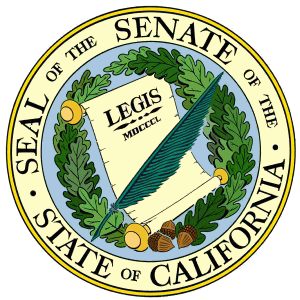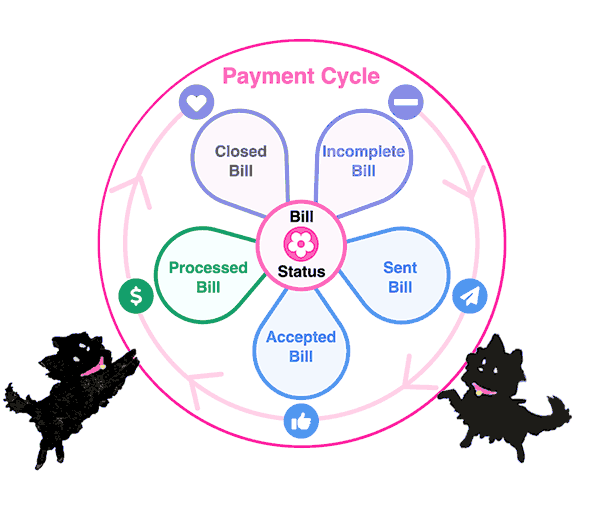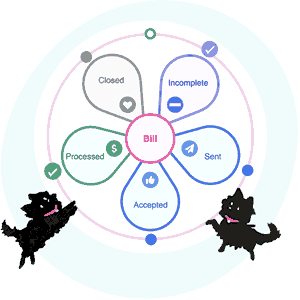SB 1160 Reforms Will Shake Up CA Workers' Comp (Again)

Once again, California’s workers’ comp system is headed for major reforms, this time by way of SB 1160, which the CA Senate passed on August 31. The most significant features:
- Reduction or elimination of the need for utilization review (UR) for routine treatments in the first 30 days after an injury.
- Major restrictions on liens, which would affect both existing and future liens.
- Introduction of a timely billing requirement for providers, within 30 days of date of service.
Although the intentions are great--to speed payment, deliver care to injured workers without UR delay, and prevent fraud--the devil is in the details. For instance, how does deferred UR work with Request for Authorization timelines?
The UR-related reforms include prohibition of financial incentives for UR reviewers for denials and modifications, disclosure requirements regarding claims administrator financial interests in UR providers, UR provider accreditation, and required UR data reporting.
The most controversial sections of the bill concern efforts to restrict access to liens. The latter would be accomplished by requiring a new provider declaration for every lien, limiting assignment of liens as accounts receivable, and staying liens filed by providers who have been charged with workers’ comp, medical, or insurance fraud.
- For more official information, see DIR News Release No.: 2016-80.
- Full text of SB 1160 here.
- For more unofficial information, read CSIMS’ summary of SB 1160 as “SB 863 Light,” and Julius Young’s take on his WorkersCompZone blog.
- And to connect the dots, read the DWC on $600 Million in Workers’ Compensation Liens Filed by Convicted or Indicted Physicians, Providers, as well as one of David DePaolo’s last blog posts, on fraud in California’s workers’ compensation system
Try our OMFS Calculator today, for free.
TRY THE OMFS CALCULATOR
DaisyBill provides content as an insightful service to its readers and clients. It does not offer legal advice and cannot guarantee the accuracy or suitability of its content for a particular purpose.



